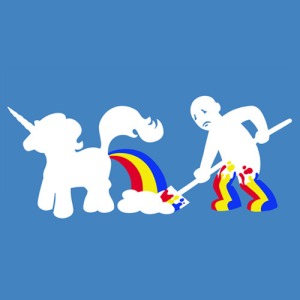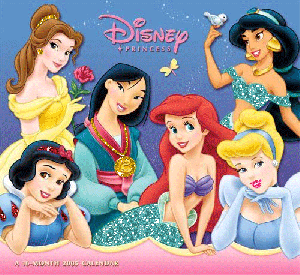Aaah yes, this is the message I want to send our daughters. Reminds me of the “Polite as a Princess” book… only so much worse.
JC Penney is selling a jersey shirt that reads “I’m too pretty to do homework so my brother has to do it for me.” The description reads “Who has time for homework when there’s a new Justin Bieber album out? She’ll love this tee that’s just as cute and sassy as she is.” I suspect that the item will be yanked from the site within hours***, as news of the offensive shirt is hopping across the internet – mostly thanks to a great catch by Pigtail Pals‘ Melissa Wardy. The sweatshirt, which comes in sizes 7-16, is on sale for only $9.99, so if you act now, you too can own this fabulous piece of evidence of culturally condoned misogyny.
***as of 9:08 AM, 8/31/11, the shirt was no longer showing up for sale on the US version of the site. It was still available in the UK and Ireland and probably elsewhere.
If, on the other hand, you’d like to let JC Penney know where it’s at and where they can shove this shirt (see example above), feel free to call 972-431-8200 to speak to a person at JC Penney’s “Customer Concerns” line. When I called at 8:21 AM PST on 8/31/11, the woman I spoke to stated that the company was aware of the issue with the shirt and was preparing to pull it down off the site. If you’d like to go further up the food chain, I’m encourage you to drop a line on over to CEO and Chairman of the Board Myron E. (Mike) Ullman, III. I called the corporate headquarters and asked for Mike Ullman. I was put through to the customer concerns line again, but I know that the company has now gotten two calls at two different lines to voice my issue. Mike, who has four sons and two daughters and whose significant work with Mercy Ships should make him far more culturally aware than this serious misstep by his company indicates, can be found at:
Mike Ullman, III
Chief Executive Officer
J.C. Penney, Inc.
6501 Legacy Drive
Plano, TX 54024
(972) 431-1000










